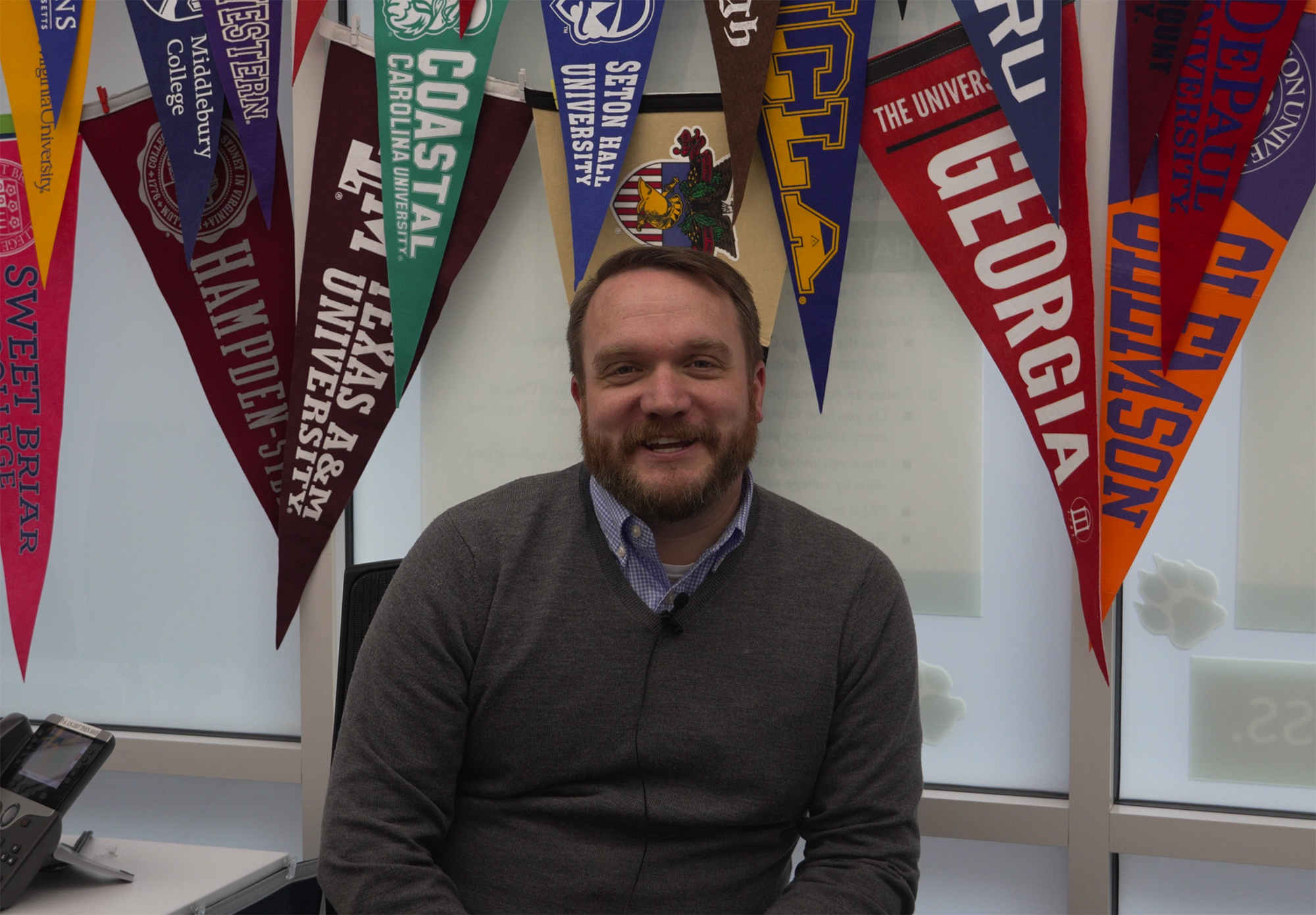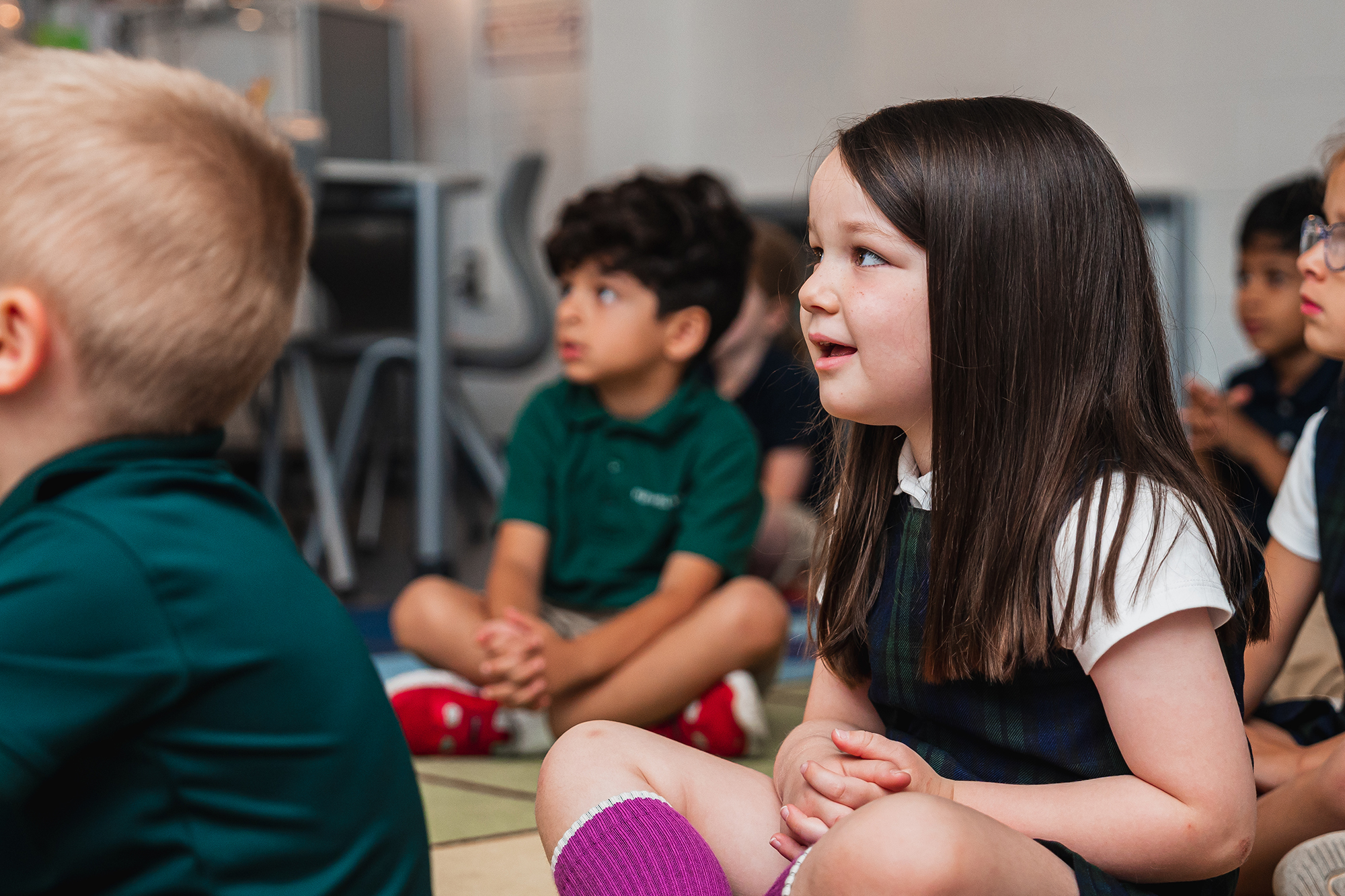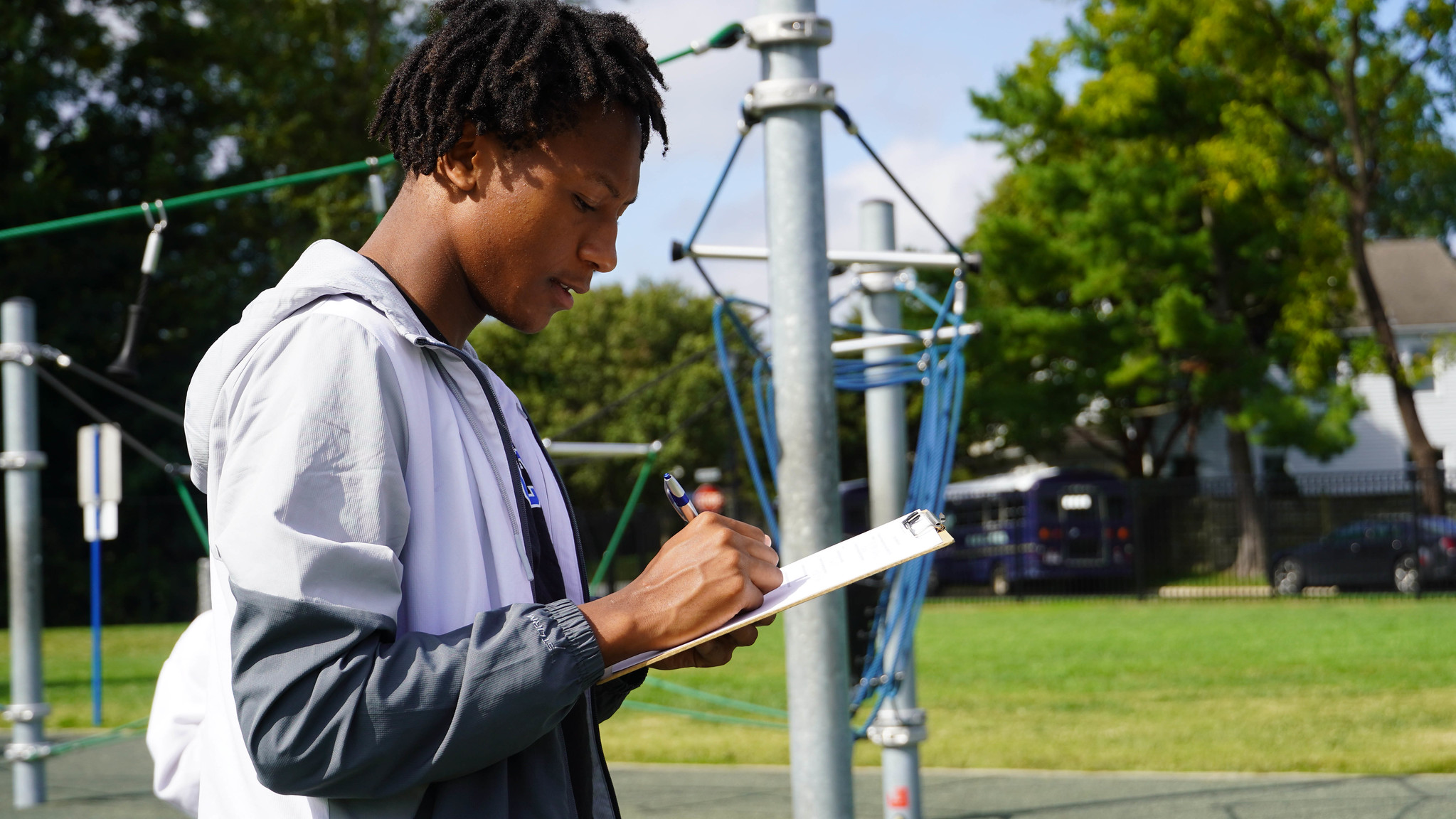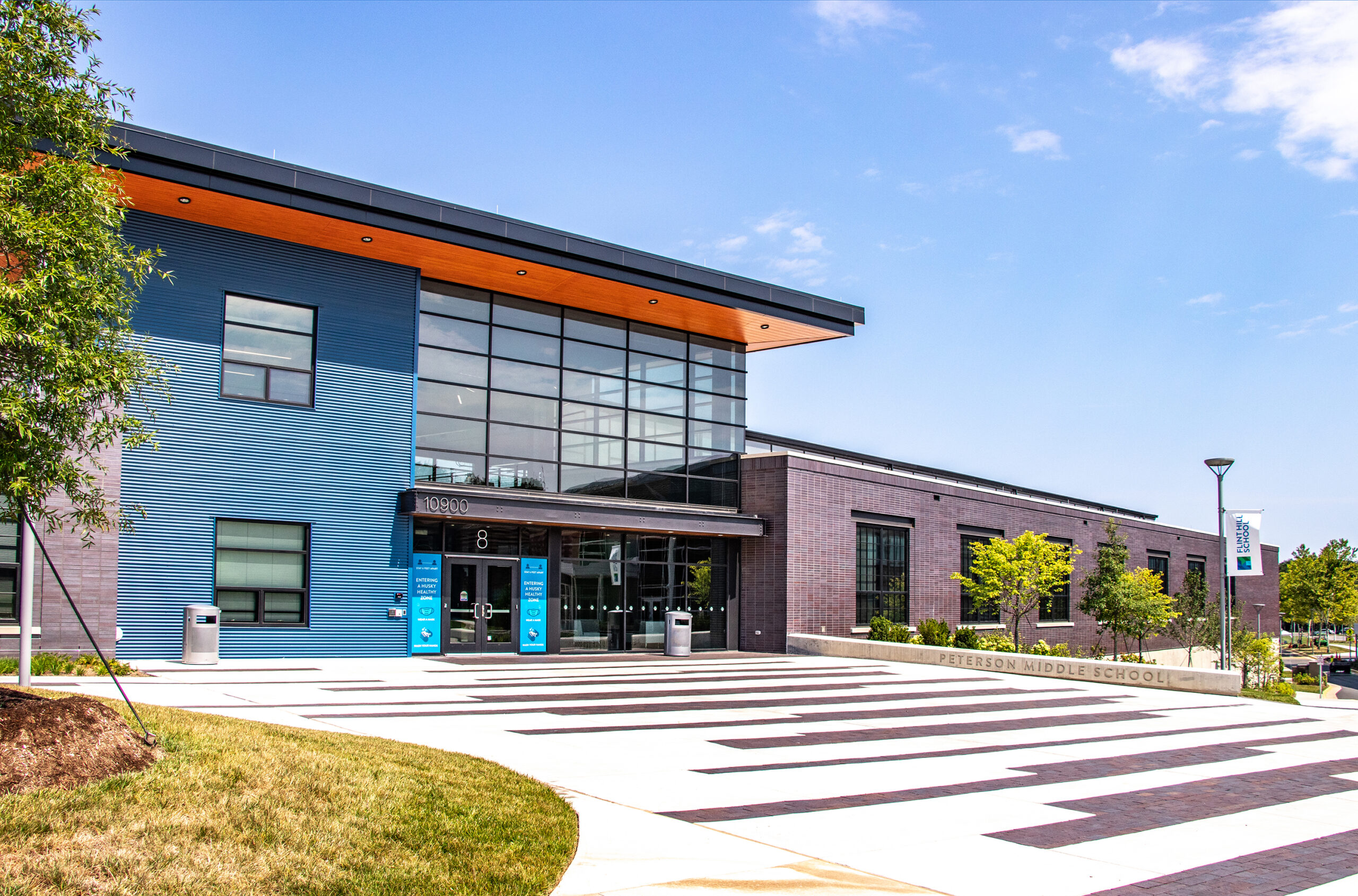LEARN MORE ABOUT FLINT HILL
HUSKY HIGHLIGHTS

February 18, 2022
Written by Flint Hill Admission Team
5 Common Private School Myths Debunked
As you consider school options, you may have some preconceived ideas about private or independent schools. We’re here to debunk — or just clarify — five common myths about private schools.
Myth #1: All students who go to private school come from wealthy families.
It’s no secret that private school is expensive. But Gossip Girl isn’t real life (thankfully)! Students who don’t come from money aren’t out of place at private school.
Almost all private schools offer some type of financial aid, and admission teams will walk parents through their scholarship and financial aid options. Last year, 20% of Flint Hill students received need-based financial aid.
Even more families who send their kids to private schools are middle class, but they make financial sacrifices so their children can benefit from the absolute best education.
If you are wondering whether financial aid is an option for your family, consult with an admission team member to learn more about the process.
Myth #2: Private school teachers aren’t certified and aren’t as qualified as public school teachers.
Many private schools do not require state teaching credentials. That doesn’t mean the school doesn’t have its own internal standards regarding teacher qualifications and development.
All Flint Hill all teachers have a bachelor’s degree; the majority have advanced degrees. While a Virginia teaching license isn’t required, many teachers maintain their licenses. We also offer high-quality, consistent internal professional development. Our teachers are experts in their fields.
Myth #3: Private schools aren’t regulated, so student progress isn’t measured.
Independent schools don’t receive federal funding, which means they do have more freedom in certain areas. Private school students don’t have to take all the standardized tests that plague public school students and force teachers to “teach to the test.” They are, however, accountable to the parents, students and community they serve.
Most schools have, at the very least, quarterly check-ins with parents about their child’s progress. The younger the child, the more often these check-ins occur. In fact, parents see what their kids are doing every day in Flint Hill’s Lower School using Seesaw, a classroom app. As students get older, they move on to an open gradebook, where parents can log in at any time and see their child’s grades and progress.
Because most private schools have a lower student-to-teacher ratio, your child is more likely to have a teacher who knows them — and who knows you. That makes it much easier to create a plan for your child’s progress!
In terms of regulations, the school you choose for your child must be accredited by an appropriate organization. Flint Hill is accredited by the Virginia Association of Independent Schools and is a member of the National Association of Independent Schools. Read more about VAIS accreditation.
Myth #4: Private schools aren’t diverse or inclusive.
Was this true 30 years ago? Probably. But it’s certainly not true today. Families of many different backgrounds are now choosing private education, and students of all races, ethnicities, religions, gender identities and sexual orientations are welcome.
In Virginia, 29% of private and independent school students identified as part of a minority population for the 2021-22 school year, according to Private School Review. 41% of Flint Hill students self-identify as students of color.
Of course, not all schools are created equal. We believe we’re at the forefront of making private school education even more diverse and inclusive. In 2014, Flint Hill appointed its first full-time director of diversity and inclusion. That led to the founding of the Inclusive Leadership Council in 2015, a student organization dedicated to developing social and educational events to foster interconnectedness and understanding. Read more about our diversity, equity and inclusion efforts.
Myth #5: Private schools don’t offer the full range of academic, athletic, and social options for students.
Parents often start looking at private schools with the misconception that they all are stressful, pressure-cooker environments with a focus primarily on academics. While there are certainly private schools that highly prioritize academics, many others adopt a whole-child approach.
Just because your child attends a private school doesn’t mean they won’t have time to watch or play sports, attend social events like Homecoming or participate in other fun extracurriculars. Social and emotional growth is essential to your child’s development. Schools like Flint Hill see the complete picture and support students’ well-being and school-life balance. Here, students must earn four activity credits to graduate — from a sport or another extracurricular such as theater, robotics, or music.
LEARN MORE ABOUT FLINT HILL
Fill out the form to receive updates from our team.
RECOMMENDED FOR YOU
Upper School Freshman Class Dean Andrew Kane shares seven key things he wishes parents knew before their students start high school.
Choosing a preschool is a big decision! We break down the key factors to look for, the types of programs available, and how to identify...
Students learn more deeply when engaging in productive struggle versus traditionally defined ‘rigor’
Choosing a school can be a daunting and overwhelming process. Here are some critical questions to ask as you try to find the right fit.






